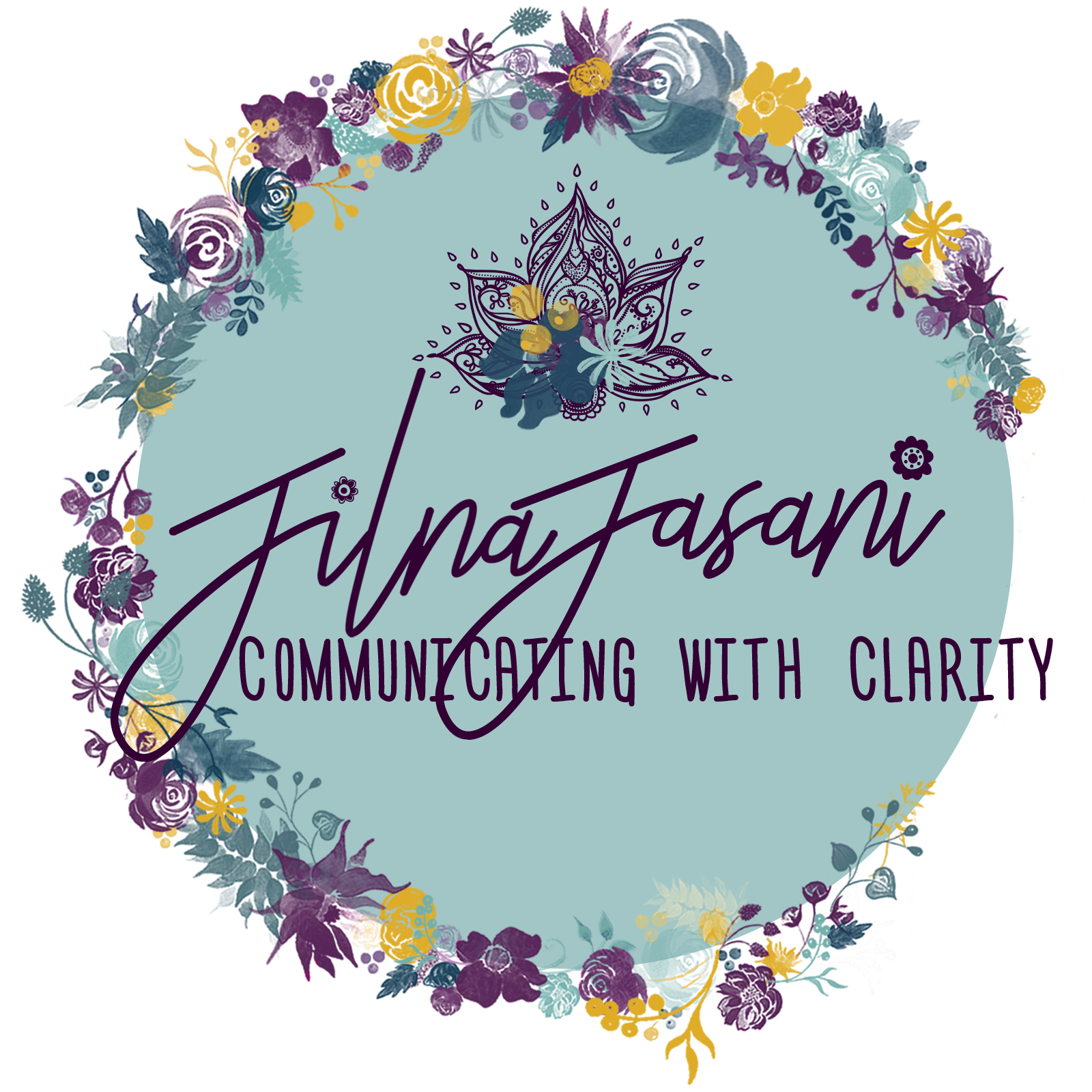
The Words You Use Matter

One of the most important distinctions we can make in conscious parenting is the difference between certain words.
As ‘out there’ as it sounds, the truth is that every word carries an energy that can be sensed, regardless of whether you’re thinking it, speaking it, hearing it, or reading it. That energy can be influenced by association, like current events or like our own memories, and impacts how that word resonates with us and how we understand it in the context of our own lives.
How we understand words, impacts how we use them. And how we use them, especially with our young children matters because their experience of the word, creates their perception.
Ultimately, I find that the energetic charge of every word boils down to an experience of love or fear, connection or disconnection.
Let’s take for example the words ‘consequences’ and ‘punishments’.
We’re told that offering consequences helps teach our children life’s important lessons, but when we try to do that, and realize they aren’t learning the lessons(often through them acting out), we punish them. Even though punishing them only makes us feel worse.

That’s why I’m sharing the distinction between the two today. By the end of this email, you’ll understand what I mean, and what you can do to support your children’s growth.
This video does very well in explaining the difference, but if you don’t get a chance to watch/listen to it, I’ve paraphrased her explanation below 🙂
In a nutshell, she explains how, if the consequences are unrelated to the action, arbitrarily brought onto the child, or artificially created, the child perceives this as a punishment. In mainstream/traditional parenting, punishments are used to reinforce positive behavior, but the problem with punishments is that they are short-lived, because the child doesn’t understand the reason behind the punishment.
Let’s take for example when we take away remote/TV time because our child didn’t put their dishes in the sink. Their energy may shift in a way where they want to punish you back:
“That’s not fair, I don’t deserve this.”
“I’m going to get you back.”
“Next time I’ll do it so you don’t catch me. Watch me.”
They feel mistreated, and our intention of teaching them how to make better choices falls short.
In the video, she doesn’t go into a compassionate inquiry before a natural consequence, which I invite you to consider in order to create connection. A related (or natural) consequence could look like:
“Is there a reason you didn’t put your dishes in the sink?”
“I see. You wanted to finish your game. How long will that be?”
“10 minutes? Great, that works for me. Will you set a timer so we both know when your 10 minutes are up?”
“Great. Thanks for communicating clearly with me.”

If the agreement isn’t stuck to…
Have Empathy: “It’s been 5 minutes past the timer, and I see you’re still watching your game?”
Model Accountability: “You forgot? Okay, what do you suggest we do to help you remember?”
Set a Natural Consequence: “You don’t know? Here’s the thing…I only have 20 minutes to help wash the dishes, after which I would like to get back to my work. Next time, in order to help you practice focus, I’ll need you to immediately get up, put your dishes in the sink, wash them, dry them, and put them away yourself as soon as I remind you. Do we have an agreement?”
Here’s another example of what compassionate inquiry with a related consequence looks like:

Of course, if you’re in a situation that is dangerous or might result in someone getting hurt, an intervention must happen for safety.
Give it a try, have empathy, model accountability and set healthy boundaries! Send me a message and I’ll help you get through any roadblocks you experience.

